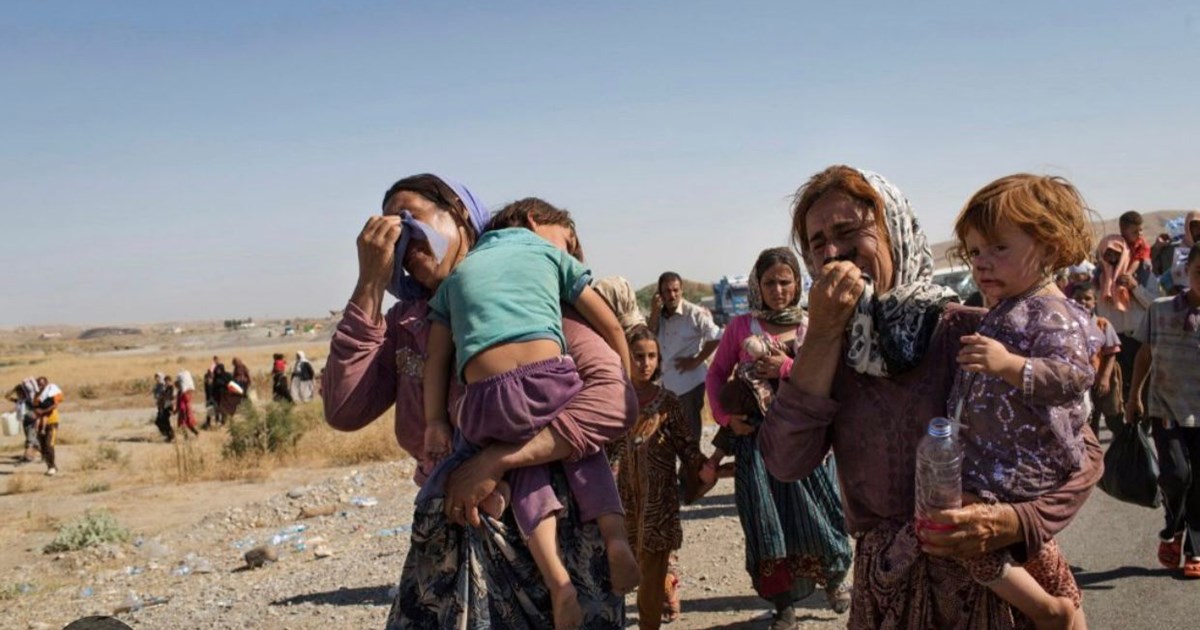The Kurdistan Regional Government's Ongoing Commitment: 10th Anniversary of Yazidi Genocide and Pursuit of Justice

The Kurdistan Regional Government (KRG) remains resolute in its pursuit of international recognition of the Yazidi massacre as an act of genocide and in ensuring accountability for the perpetrators through legal channels.
Today, August 3, 2024, marks the somber tenth anniversary of the atrocities committed against the Yazidi Kurds by ISIS terrorists. Despite the passage of a decade, the region of Sinjar and its surrounding areas remain unreconstructed, with displaced residents facing significant challenges in returning home due to ongoing instability, inadequate essential services, and the continued presence of unauthorized armed groups.
Dr. Dindar Zebari, the Coordinator of International Recommendations, emphasized that the KRG has provided substantial support to the United Nations Investigative Team to Promote Accountability for Crimes Committed by Da'esh/ISIL (UNITAD) in gathering information, data, and documenting evidence. These efforts are crucial in supporting the investigation of ISIS crimes, prosecuting the perpetrators, and providing reparations to victims and their families.
Zebari highlighted that numerous nations, institutions, and international bodies have formally recognized the atrocities committed by ISIS against the Yazidi Kurds as acts of genocide. These include the United Nations Security Council, the International Commission of Inquiry on Syria, the International Association of Genocide Scholars, the UN Human Rights Council, the UN High Commissioner for Refugees, the United States Senate, and the legislatures of the United Kingdom, France, Canada, Scotland, Armenia, Australia, Portugal, the Netherlands, Belgium, Luxembourg, and Germany. This recognition marks a significant advancement and aligns with the KRG’s ongoing efforts to establish a dedicated tribunal. The success of this initiative depends on the continued collaboration and support of international partners.
Regarding support for refugees, Zebari noted that the Kurdistan Region currently accommodates over 1,022,293 refugees, including 746,174 internally displaced persons, with more than 135,000 residing in camps, a substantial number of whom are Yazidis.
The KRG’s project to digitize documents represents a major initiative focused on converting records related to crimes committed by ISIS, currently held within the region's relevant institutions, into digital format. To date, 24,965 files, comprising 408,540 pages, have been meticulously documented. Additionally, the project has facilitated the rescue of 3,576 individuals.
In collaboration with UNITAD and in line with the implementation of Security Council Resolution No. 2697, a substantial amount of documentary information and research, totaling 45.95 gigabytes, has been transferred to the KRG. This initiative represents a significant step forward, providing regional courts with valuable resources for future prosecutions of perpetrators. The process is ongoing and is expected to further strengthen the judicial capabilities in the region.
